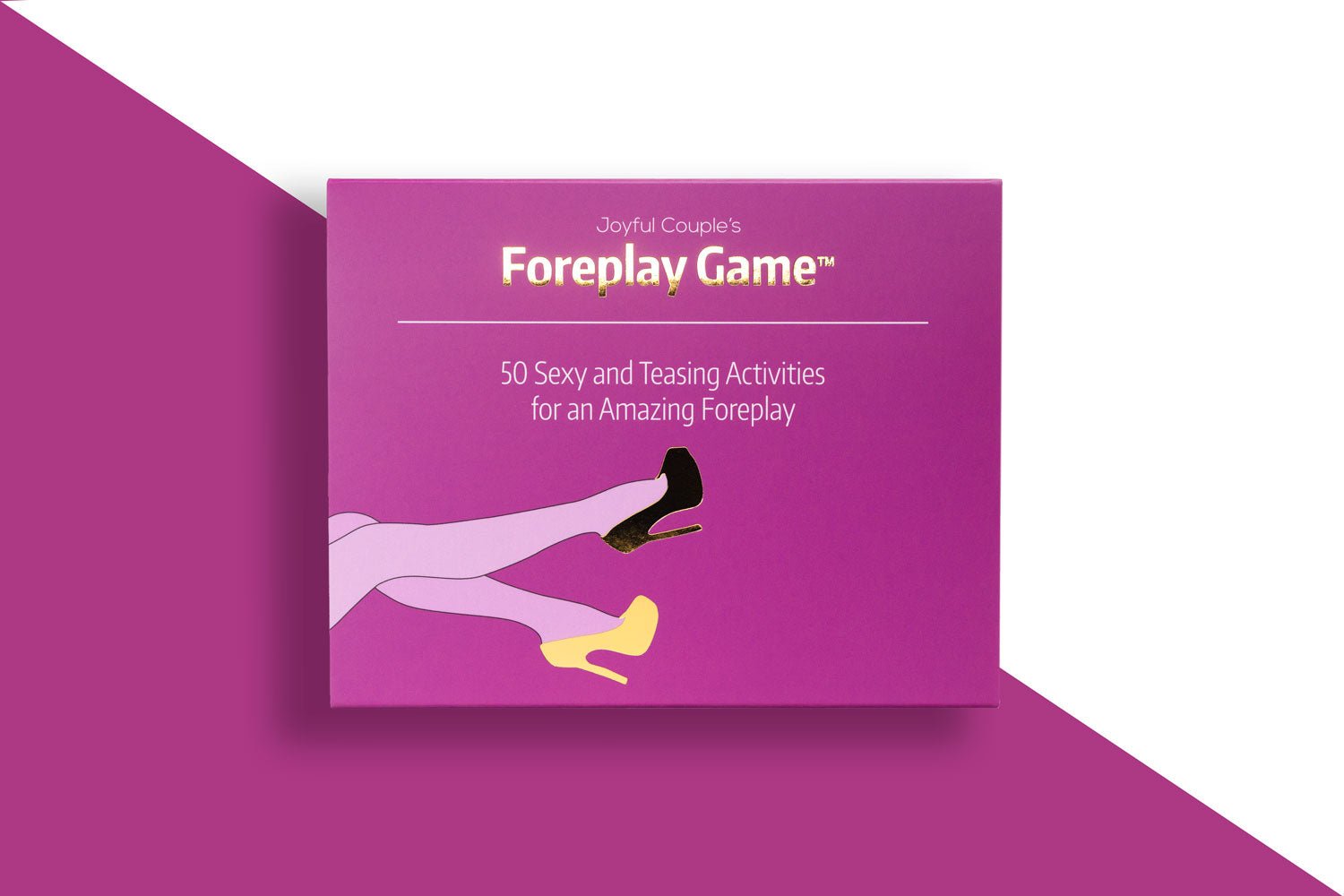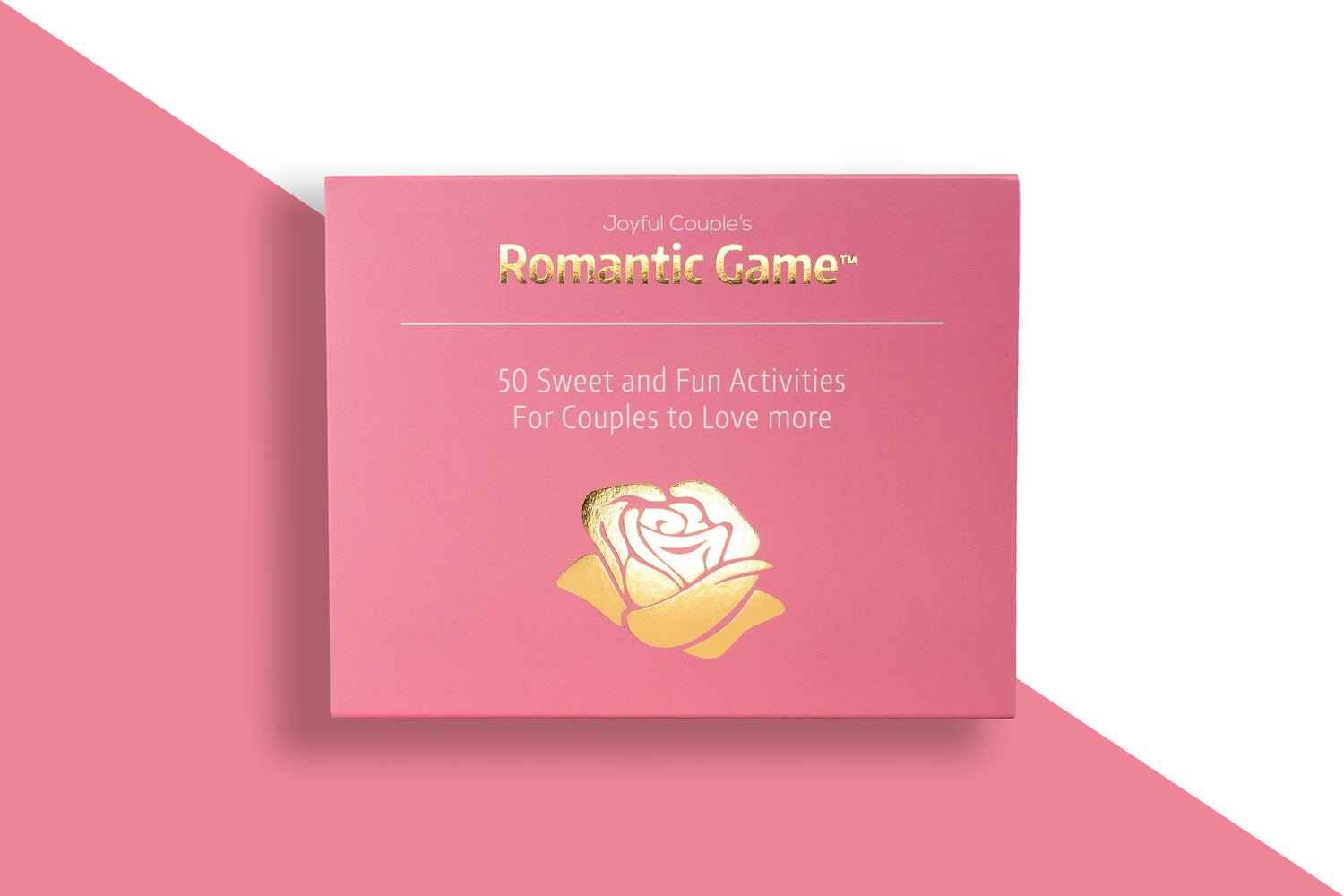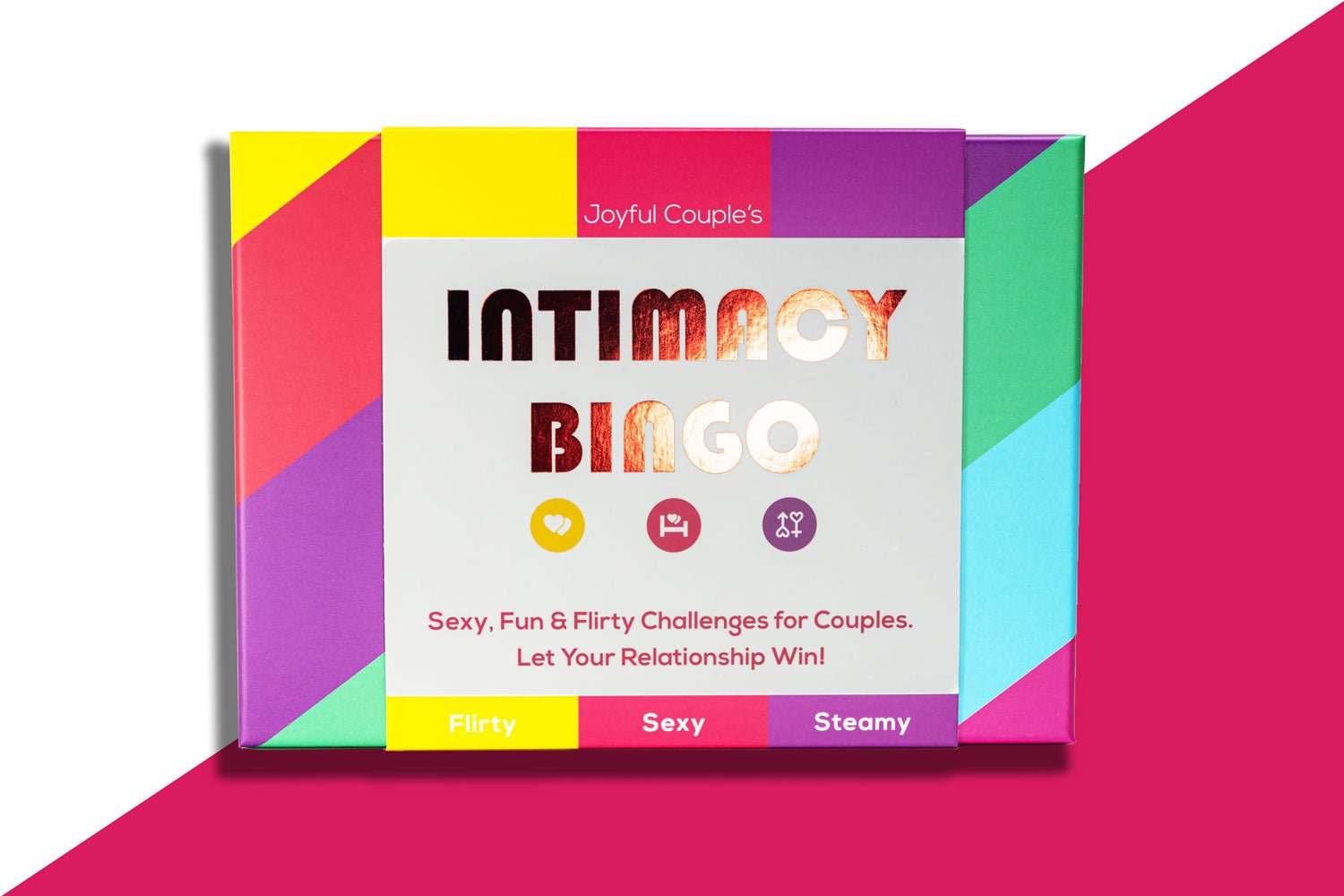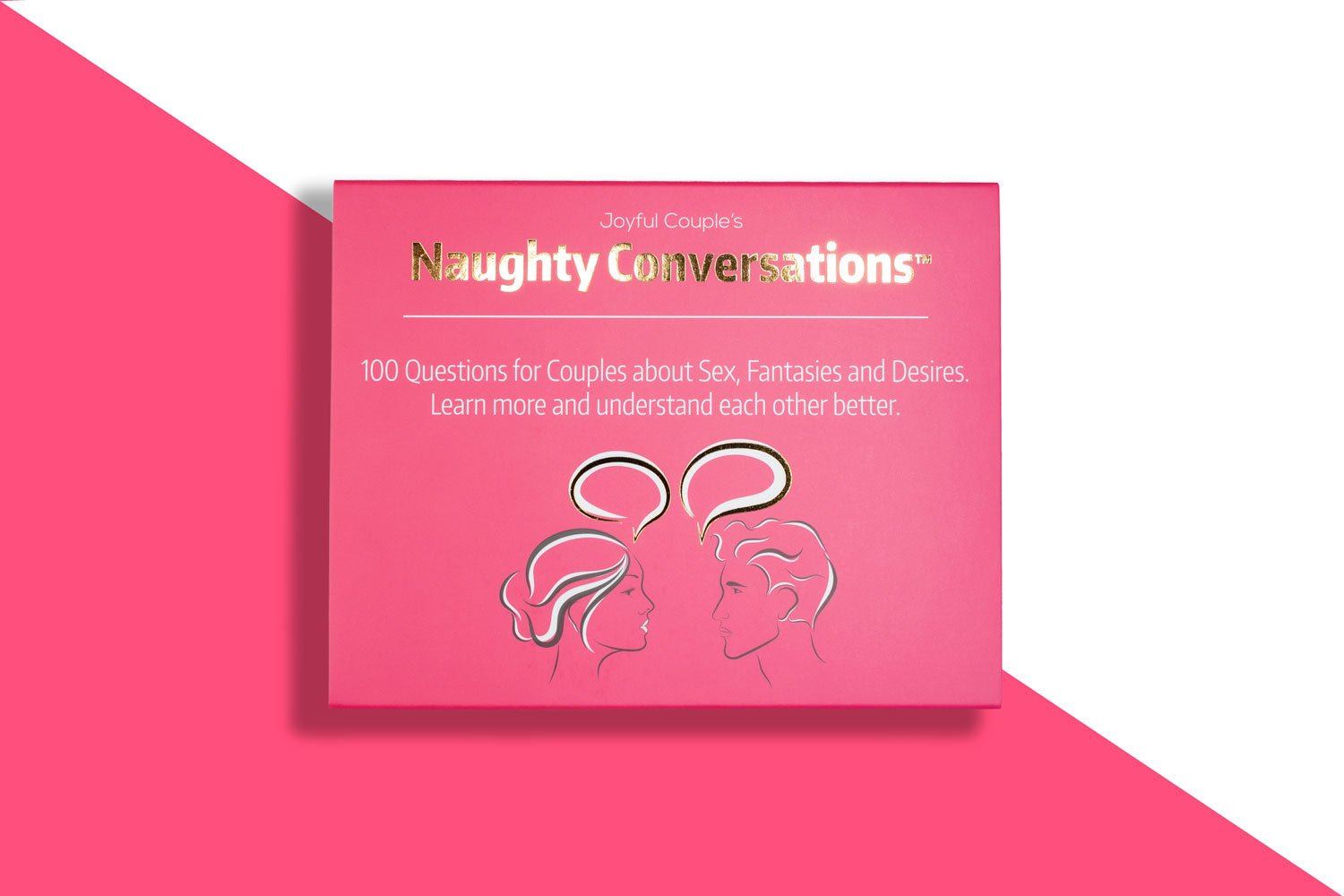In a world where sharing is just a click away, finding the balance between being an open book and maintaining a bit of mystery can be tricky, especially in relationships. How open should you be with your partner?
While honesty and transparency are touted as the bedrock of a healthy relationship, navigating the fine line between being communicatively open and overwhelming your partner with too much information is essential.
Inspired by Joyful Couple's innovative approach to nurturing connections, this article explores the right amount of transparency to foster closeness without costing personal space.

Why Transparency Matters
Transparency in a relationship fosters trust and builds a foundation for a lasting connection. Sharing your thoughts, feelings, and experiences can draw you and your partner closer, creating a shared space of understanding and empathy.
Yet, this doesn't mean every detail of your life must be shared. Being transparent means being honest about what matters—letting your partner know who you are at your core, values, aspirations, and fears.
To help navigate these deep waters, Joyful Couple offers the "Life Conversations" game, an excellent tool for couples who wish to deepen their connection thoughtfully and authentically. This game encourages discussions on subjects that matter, ensuring that both partners feel heard and valued.
Understanding Each Other's Transparency Threshold
Everyone has a unique comfort level with transparency in relationships, shaped by their background, experiences, and personality. Partners must explore and respect these differences to foster a healthy, understanding relationship.
Begin by creating a safe space for open discussions, using "I" statements to express personal feelings, and asking open-ended questions that encourage deeper insights into each other's comfort zones.
To effectively navigate these conversations, practice patience and actively listen without judgment. Acknowledge and respect each other's boundaries, and engage in regular check-ins to adapt to any changes in comfort levels over time. This approach helps both partners feel secure and valued, strengthening the relationship through a mutual understanding of transparency.

The Pitfalls of Over-Transparency
While sharing is crucial, over-transparency can sometimes lead to loss of personal space, emotional dependency, and even unnecessary conflicts. For instance, sharing every detail of your past relationships or daily frustrations might burden your partner more than it brings them into your circle. The key is to share what is constructive and necessary for understanding each other better, not every fleeting thought or minor grievance.
Navigating Sensitive Topics with Care
Discussing sensitive or potentially triggering topics requires careful handling and a structured approach to ensure both partners feel safe and respected. Structured communication techniques facilitated by our couples games can make these conversations more manageable. Games provide a framework that helps guide the discussion, keeping it light-hearted while digging deep into important issues.
This method allows couples to address delicate subjects without feeling threatened, helping to maintain a healthy balance of transparency in the relationship.
Finding the Right Level of Openness
Every couple is unique, and so is their threshold for transparency. Some may thrive on sharing extensively, while others prefer keeping certain aspects of their lives under wraps. Understanding what works best for your relationship is crucial.
Discuss how much openness you like with your partner, and respect each other's comfort levels. This dialogue is essential for ensuring that both partners feel secure and valued in the relationship.
A fun way to explore these dynamics is through Joyful Couple's "Romantic Game," which provides prompts that encourage partners to open up about their feelings and experiences at a gradual pace. This game enhances emotional intimacy and ensures that both partners feel safe and comfortable with the level of disclosure.
By engaging in this playful activity, couples can discover new aspects of each other's personalities and histories in a supportive setting, which can significantly deepen their connection.
Practical Tips for Building Trust Through Appropriate Transparency
Building trust in a relationship involves more than just open line of communication; it requires consistency and reliability in what is shared, especially in sensitive areas like finances, past experiences, and future aspirations. Here are some actionable tips for fostering trust through appropriate transparency:
- Start with the Basics: Begin by sharing basic information and gradually move to more personal topics as trust builds.
- Be Consistent: Ensure that the information shared is consistent over time. Inconsistencies can raise doubts and undermine trust.
- Respect Privacy: Understand that some topics may be off-limits, and respecting these boundaries can be a trust-building gesture.
- Use Structured Conversations: Tools like Joyful Couple's fun games for couples can facilitate structured and safe conversations that allow vulnerability without feeling overwhelmed.
- Acknowledge Mistakes: If over-sharing occurs or boundaries are crossed, acknowledge it, apologize, and discuss ways to prevent similar issues.
Using Games to Foster Appropriate Transparency
Joyful Couple's games are crafted to encourage openness in relationships through structured, enjoyable activities that both partners can engage in comfortably. For instance, while the "Life Conversations" are the perfect starting point of figuring the basics, the "Naughty Game" is ideal for couples seeking to add a little excitement to their relationship and bedroom while respecting each other's boundaries. By presenting challenges and activities within a playful context, these games help partners explore their limits and preferences without fear of judgment.
Furthermore, these games are excellent tools for initiating activities or conversations that might otherwise feel daunting. They provide prompts and situations that encourage honest communication, allowing couples to uncover deeper emotional insights and understandings of each other.
This method enhances intimacy and ensures that transparency is handled sensitively and thoughtfully, contributing to a stronger, more connected relationship.
Creating a Safe Space for Transparency
Creating a supportive environment is crucial for fostering transparency in a relationship. This space allows both partners to feel comfortable and secure when sharing their thoughts, feelings, and experiences. To establish such an environment, it's important to focus on nurturing trust and empathy, which are foundational for deep and meaningful conversations.
Here are some practical ways to create a safe space for transparency:
- Establish Ground Rules: Agree on what constitutes a safe space, including how and when discussions should occur. Setting clear guidelines helps manage expectations and reduces the potential for misunderstandings.
- Regular Check-Ins: Incorporate routine check-ins into your relationship dynamic. These can be daily, weekly, or as often as needed to discuss how each partner feels about the relationship and any concerns they might have. This consistent communication helps reinforce the safety net and ensures ongoing support.
- Practice Active Listening: Ensure that when one partner shares, the other actively listens—not just hearing but understanding. Validate feelings without immediately jumping to solutions or judgments.
- Respect Privacy: Understand that some thoughts or feelings may not be ready for sharing. Respecting each other's privacy helps build trust. It shows that the safe space is not about exposure but about sharing what is comfortable and when.
- Emotional Checkpoints: During discussions, especially intense ones, establish emotional checkpoints to ensure both partners are comfortable continuing the conversation. If things get too intense, be prepared to take a break and revisit the discussion when both feel calmer.

Conclusion
Transparency is a cornerstone of a thriving relationship, enhancing trust and deepening intimacy. However, finding the right level of openness is a personal journey that varies with each couple's dynamics and individual preferences. Joyful Couple's carefully designed conversation starters and intimate games to spice up your love life provide a delightful and effective way to explore and fine-tune this balance. These tools encourage meaningful conversations and mutual understanding, all within a context of fun and respect.
We invite you to embrace the opportunity to strengthen your relationship through guided transparency. Visit Joyful Couple's website to explore our range of games and resources to help you and your partner build a more connected and joyful life together. Discover the perfect balance of openness that works for you. Let Joyful Couple guide you toward a deeper, more fulfilling partnership.
FAQs on Transparency in Relationships
1. How much should I share with my partner about my past relationships?
Sharing past relationships should be balanced and relevant to fostering understanding and trust with your current partner. Discuss the lessons learned and how these experiences have shaped your expectations and boundaries. Avoid excessive details that might lead to insecurities or unnecessary comparisons.
2. Can being too transparent harm a relationship?
Yes, over-transparency can sometimes lead to feelings of overwhelm, loss of personal boundaries, or unnecessary tension. It's crucial to share constructively, focusing on what is beneficial for the growth and health of the relationship. Respect each other's comfort levels and privacy to maintain a healthy balance.
3. How can I tell if my partner and I have healthy transparency?
Healthy transparency manifests as both partners feeling secure and understood without feeling pressured to share more than they're comfortable with. Regular check-ins about what feels fitting to share and open discussions about each other's comfort levels can be good indicators of healthy transparency.
4. What should I do if I feel overwhelmed by how much my partner shares?
If you feel overwhelmed, communicate your feelings calmly and honestly. Discuss setting boundaries that respect your comfort levels. It's important to address these feelings early to prevent resentment and ensure both partners feel comfortable with the level of openness in the relationship.








